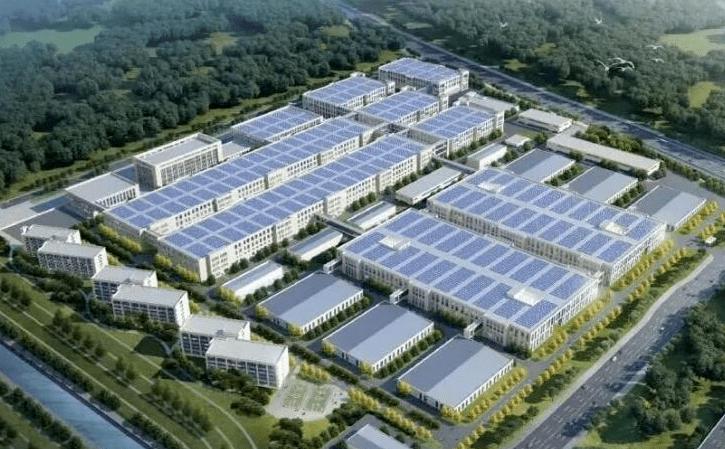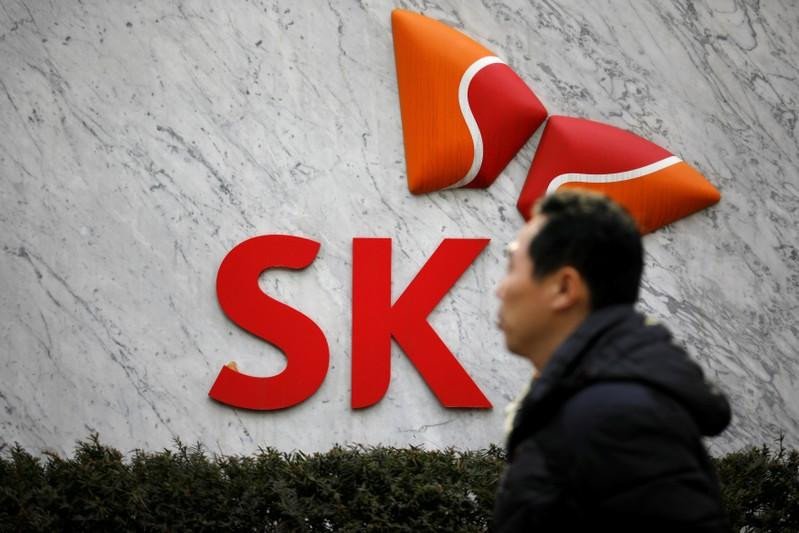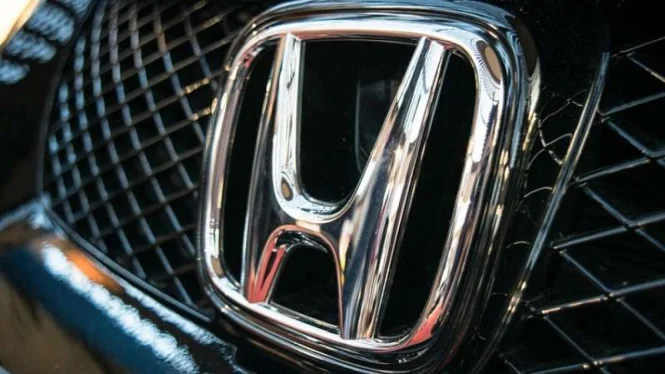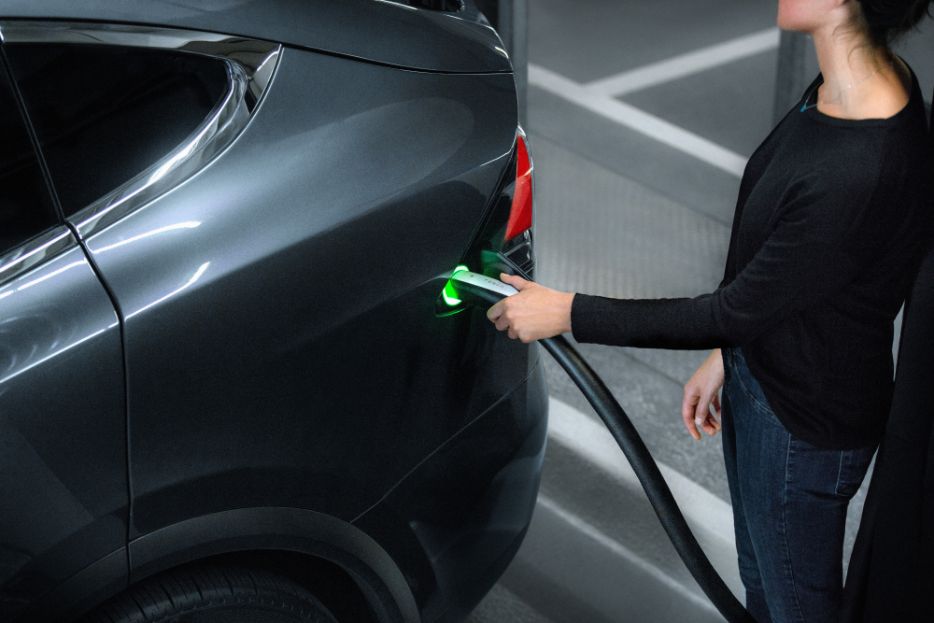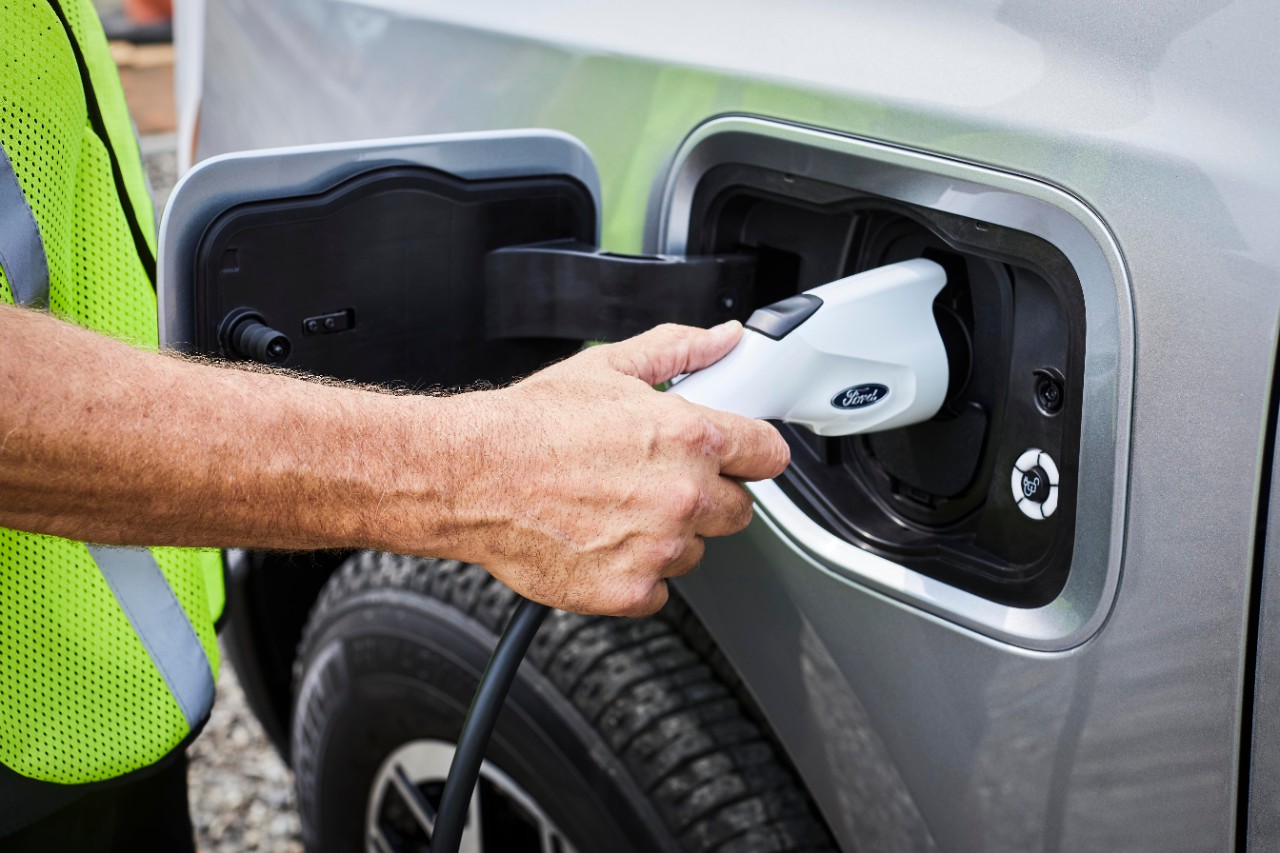The recent exclusion of electric vehicles (EVs) equipped with Chinese batteries from U.S. tax credits under the Inflation Reduction Act (IRA) has led to speculation about potential benefits for the Korean battery industry. However, questions have arisen as a significant number of EVs powered by Korean batteries were also omitted from the subsidy list.
On January 2, the U.S. Department of Energy announced that only 19 EV models would be eligible for U.S. IRA tax credits in 2024, marking a substantial decrease from the 43 models listed at the end of 2023. Industry insiders suggest that the vehicles excluded from the tax credit list might have battery components sourced from foreign entities of concern (FEOCs).
See also: China Objects to Biden Administration’s Inflation Reduction Act, Alleges Violation of WTO Rules
Earlier, on December 3, 2023, the U.S. government had announced the elimination of tax credits for battery components such as separators, electrodes, and core battery minerals like nickel, lithium, and graphite, beginning in 2024 and 2025, respectively, if sourced from FEOCs. The tax credit of up to $7,500 is offered to EVs meeting specific origin requirements, including battery components, and being assembled in North America.
Notably, all EV models equipped with Chinese batteries were removed from the list, affecting vehicles like the BMW X5 X-Drive 50e and the Nissan Leaf S and Leaf S Plus. The decision is expected to have a direct impact on EV prices, with potential benefits for Korean battery makers, as EVs with Korean batteries eligible for tax credits may enjoy enhanced price competitiveness compared to those with Chinese batteries.
However, around half of the EV models featuring Korean batteries were also excluded from the tax credit list. Presently, only 15 Korean battery-powered EV models (four with LG Energy Solution batteries, two with SK on batteries, and nine with Samsung SDI batteries) qualify for U.S. tax credits, indicating a 55.9% decrease from 34 at the end of 2023. The reasons for this exclusion, particularly for two Tesla models, remain unclear.
Experts emphasize that Korean battery makers should prioritize enhancing battery competitiveness, including localizing battery materials and diversifying supply chains. Additionally, uncertainties persist as the U.S. Treasury Department noted that some automakers might not have fully submitted information on eligible EV models, suggesting possible changes to the list in the future.


